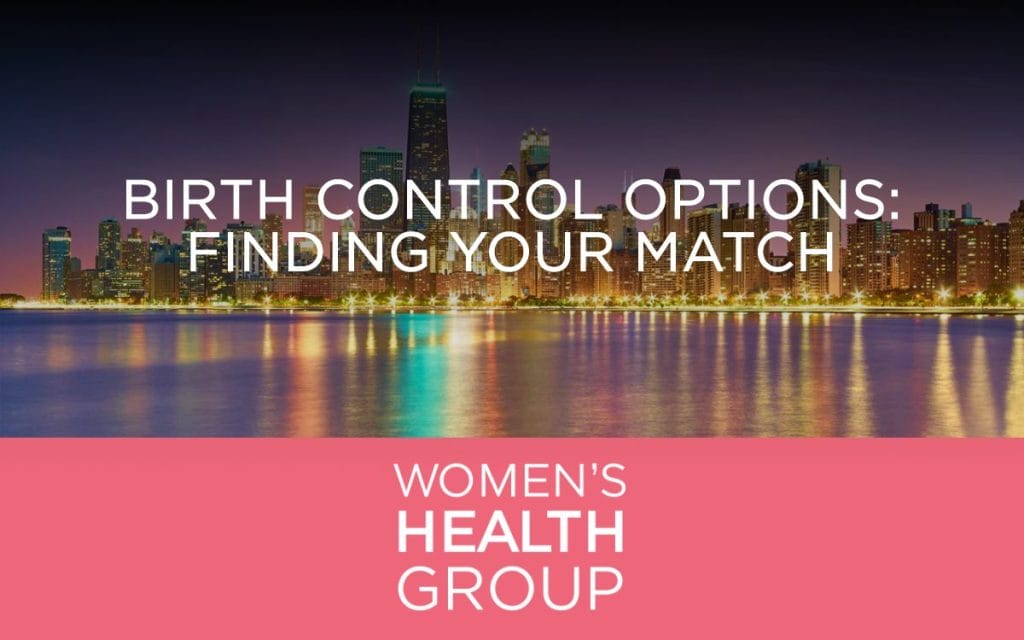Understanding Birth Control Options
In the vast realm of reproductive health, contraceptive choices hold a significant place. As Women’s Health Group, we understand the complexity that surrounds birth control decisions for women. This article attempts to simplify this journey by providing comprehensive knowledge about different contraceptive methods – to help you choose your match.
A woman’s contraceptive choice can be influenced by numerous factors, including lifestyle preferences, health status, family planning objectives, and personal comfort levels. There is no one-size-fits-all solution when it comes to birth control. It’s all about what fits best with your body, your beliefs, and your future plans.
Contraceptive Choices: A Broad View
Birth control options span a vast array and are typically grouped into a few categories. These categories encompass hormonal methods, barrier methods, IUDs, emergency contraception, permanent methods, and the wildly debated natural methods.
Hormonal Birth Control Options
Hormonal contraceptives are highly effective and offer additional health benefits like regulated menstrual cycles and decreased cramps. They include:
– Pill: The conventional birth control pill is taken orally and works by preventing ovulation.
– Patch: This thin piece of plastic is directly applied to the skin and releases hormones into the bloodstream.
– Injections: Depot medroxyprogesterone acetate (Depo-Provera) is a hormonal contraceptive injected every three months.
Detailed information about hormonal contraceptives can be found at Mayo Clinic.
Barrier Birth Control Methods
Barrier methods are non-hormonal and work by physically preventing sperm from fertilizing an egg. They include:
– Condoms: Male condoms trap sperm, while female condoms block sperm from entering the uterus.
– Diaphragms: A diaphragm is a shallow cup inserted into the vagina to cover the cervix.
Intrauterine Devices
IUDs are small T-shaped devices that a healthcare provider inserts into the uterus. They are long-term, reversible, and one of the most effective birth control methods. IUDs may be hormone-releasing or non-hormonal (copper).
Emergency Contraception
Emergency contraception can prevent pregnancy after unprotected sex or if the primary birth control method fails.
Permanent Birth Control Methods
Permanent birth control methods, including sterilization, effectively ensure you don’t get pregnant. It involves surgical procedures and is ideal for those who are certain they do not want children in the future.
Detailed insights about permanent contraceptive choices can be found at Women’s Health Gov.
Natural Birth Control Methods
Natural methods are based on understanding and recognizing the fertile and infertile phases of a menstrual cycle. These approaches are less effective than other methods but sometimes chosen for reasons like health concerns, religious beliefs, or personal preference.
Finding Your Match
Finding the right birth control method can be a personal and complex process. It’s essential to consider practicality, comfort, desired family size, timing for children, effectiveness, potential side effects, and health benefits beyond contraception.
Always engage in a candid conversation with your healthcare provider or gynecologist about your needs and potential risks before making any decision.
Final Takeaway
The diverse nature of contraceptive choices ensures every woman can find a method that suits her life phase and personal circumstances. Birth control is not merely about avoiding unwanted pregnancies, but also about taking control of your body, your health, and your future. Empower yourself by making informed decisions that align with your comfort, safety, and lifestyle.




